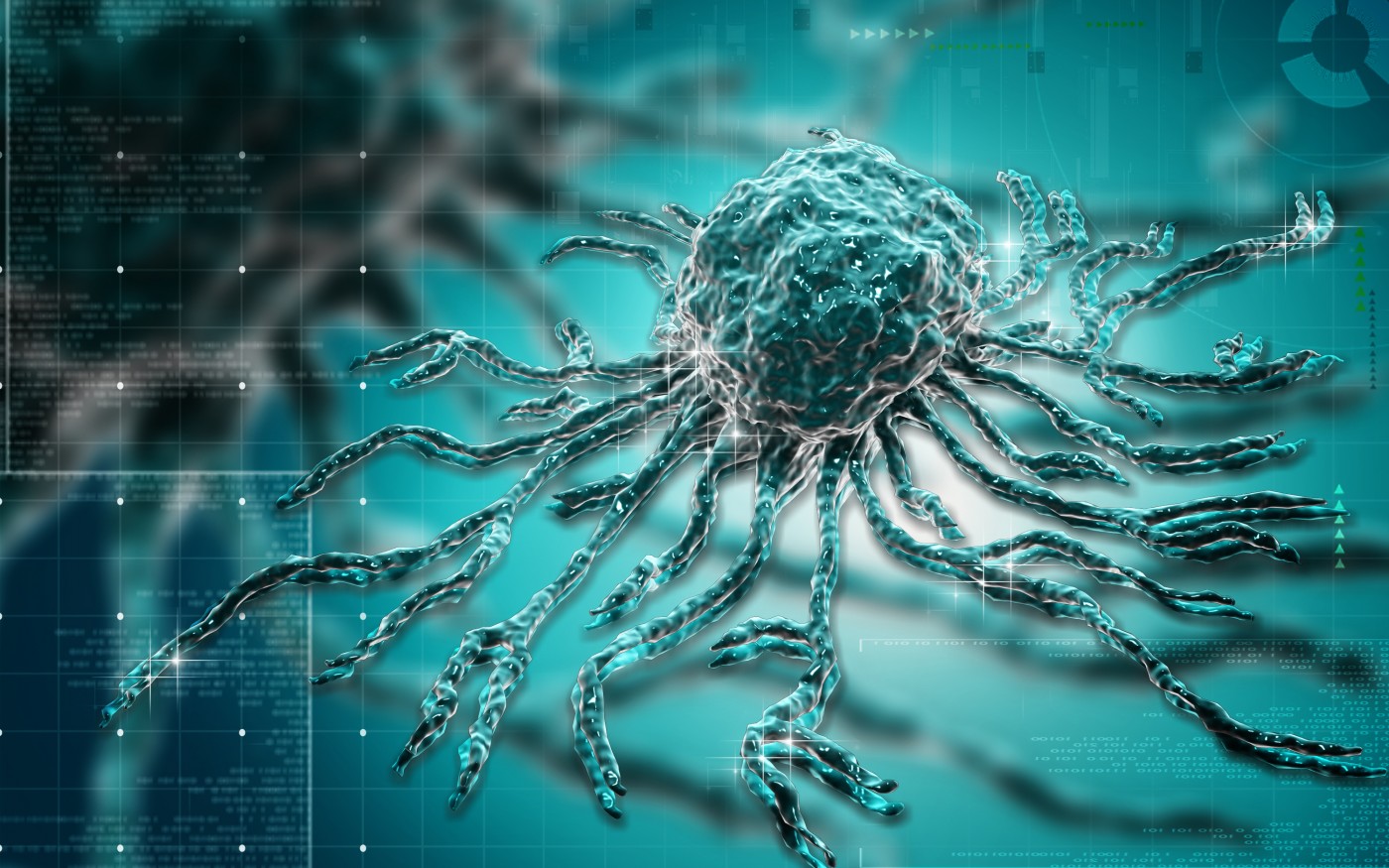Compugen Ltd., a leading drug discovery company and first-in-class biologics developer, recently disclosed data from its translational trial supporting the use of CGEN-15001 for the potential treatment of patients with a diagnosis of rheumatoid arthritis (RA). The results were revealed in an oral presentation at the 2015 ACR/ARHP Annual Meeting in San Francisco, California.
CGEN-15001 is a novel protein drug candidate for autoimmune diseases, consisting of the fusion of the extracellular region of CGEN-15001T to an IgG Fc domain.
The translational study was conducted in partnership with Professor Iain B. McInnes, from the University of Glasgow, and aimed to assess the possibility of translating the effectiveness of CGEN-15001, previously tested in RA animal models, to patients with the disease. Researchers used co-cultures of immune cells from RA patients mimicking the adverse interaction of these cells within patients’ joints. This interaction drives secretion of cytokines (pro-inflammatory proteins) that play a role in RA exacerbation, leading to chronic and progressive inflammation and damage to joints. In vitro co-cultures of immune cells offer a translational tool to assess the effect of new drugs to treat RA patients.
The results revealed that CGEN-15001 is able to inhibit the secretion of various inflammatory cytokines involved in RA, such as GM-CSF, TNFα and IFNγ, indicating the potential targets of this composite. CGEN-15001’s anti-inflammatory effect was initially observed in healthy donors’ immune cells and then was successfully replicated in immune cells of RA patients, validating the drug’s responsiveness and functionality.
“We are very excited to collaborate with Compugen on this promising drug candidate for autoimmune diseases,” Professor McInnes, Muirhead Chair of Medicine and Director of Institute of Infection, Immunity and Inflammation at the University of Glasgow, said in a recent news release. “The results for CGEN-15001 obtained in my laboratory using a translational experimental system … show that CGEN-15001 is capable of modulating the underlying immune processes that promote inflammation in joints of people with RA. CGEN-15001’s unique mode of action has a potential to induce long-term responses in patients and thus to become an important addition to the armamentarium of autoimmune disease therapeutics, allowing patients to live healthier and more productive lives.”
“Inhibiting immune checkpoints using antibodies to unleash the power of the immune system is already transforming cancer therapy, and Compugen is a clear leader in the discovery of novel immune checkpoint drug targets,” said Anat Cohen-Dayag, PhD, Compugen’s President and Chief Executive Officer. “Furthermore, the potential for an additional major pharmaceutical opportunity exists for immune checkpoints in the treatment of autoimmune diseases through the use of fusion proteins based on them to inhibit immune system activity. These important recent results for CGEN-15001 … demonstrate that CGEN-15001 has the potential to provide relief to autoimmune patients, thus presenting a promising therapeutic approach for RA and other autoimmune diseases. Therefore, while maintaining our current commitment to focus our internal R&D operations on immuno-oncology, we are now examining various alternatives to advance CGEN-15001 as an autoimmune product candidate.”


